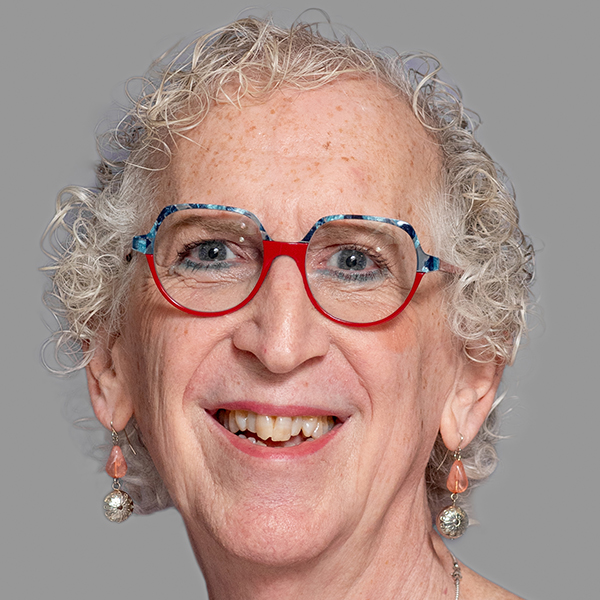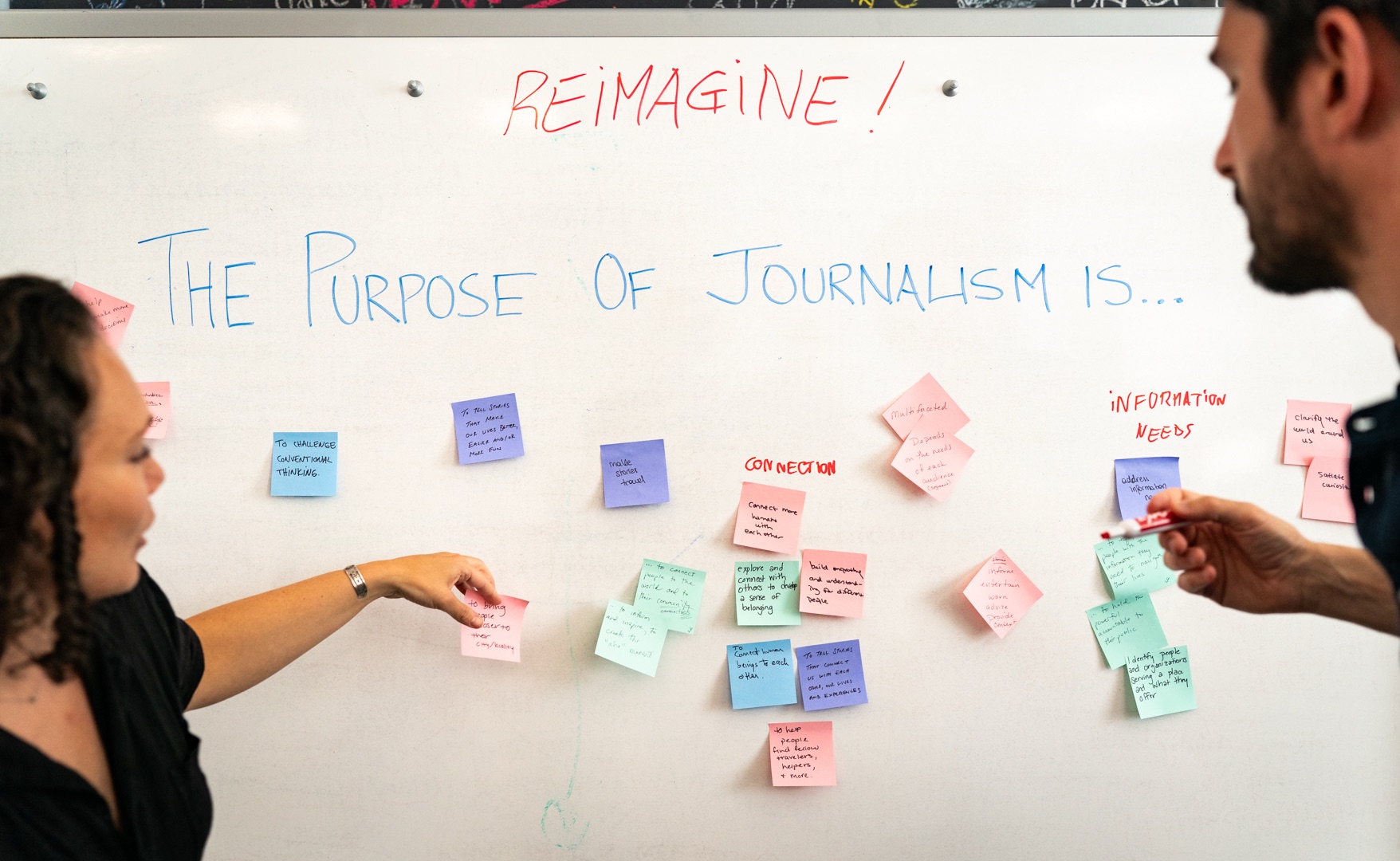
Chris Williams, a freelance web developer for the past nine years, enrolls in the journalism master's program at the Medill School this week as the first recipient of a Washington Post scholarship for people with programming backgrounds.
Williams is the 11th master's student to enroll at Medill under a program established with the John S. and James L. Knight Foundation to attract experienced programmer-developers into journalism. He is the first to participate in "phase two" of the scholarship program, in which Medill is lining up industry partners willing to share the cost of the student's education.
Earlier this year, The Washington Post signed on as the first industry partner for the scholarship program. Over the summer, The Post's leadership decided that Williams would be the paper's first recipient of its scholarship support.
Thanks to the Knight Foundation and The Post, Williams' entire tuition in Medill's one-year master's program will be covered — half by Knight and half by The Post. The Post scholarship also guarantees Williams a paid internship at the company after graduation next year.
During his year at Medill, Williams will follow essentially the same curriculum as other master's students, but we expect he'll have some time to contribute to projects here at Knight Lab.
Here's a Q&A with Williams (who can be found on Twitter at @enactd) on the eve of starting the Medill master's program.
Tell us about your background in computer science and web development.
I studied Computer Science as an undergrad at the University of Delaware and graduated with a BS in 2002 before moving to Portland, Oregon, and becoming a freelance web developer. As a freelancer I focused on projects that required a custom database with a Content Management System (CMS) built on top.
When and why did you get interested in journalism?
It’s been a progression over the past fifteen years. My high school history teacher assigned the first three pages of the local newspaper as daily required reading and would give random quizzes to test current events. When I started college my focus was on my CS classes, but I really enjoyed writing papers for my electives. That is how my interest in reading and writing really took shape.
After graduation, freelancing provided me with a very flexible schedule, which granted me time to do a lot of reading. I’ve always been a proponent of libraries, and started reading more non-fiction. For many years I also subscribed to the Oregonian newspaper, and would read various news outlets online.
The specific interest in journalism was sparked by a blog post in 2009 by Brian Boyer, one of the first Knight scholars. That tuned me in to the intersection of programing and journalism. The more I thought about it, the more appealing it became. For me, one of the biggest perks of becoming a journalist is that continuously learning is part of the job description.
What do you hope to get out of your Medill education?
My first focus is to become a better writer and learn the thought process behind journalism. As a freelancer, I prided myself in creating CMS’s that simplified data interaction for my clients, which required figuring out what they needed from the data. I’m looking forward to applying that same mindset to journalism.
Do you have ideas now about how you hope to blend your interests in journalism and software development?
I’ve worked with a few different Application Programming Interfaces (API’s) including the Sunlight Foundation API for government data and Twitter's for public conversations. As a programmer, that is something I can jump into and figure out very easily. However, this is a very large barrier to entry for those without software development experience. My goal is to use my technology background to help unlock data for others, and also to learn methods for presenting data in journalism stories.
Beyond that, I’m trying to have an open mind and see what inspiration arises. There are plenty of sources. I’m excited to work with the Knight Lab and to have that link with Northwestern’s computer science department. I’m also a fan of the worldwide open data movement, and conveniently Chicago is a leading city in improving government transparency. There is a weekly open government hack night that I hope to attend as often as possible.
What excites you about your relationship with The Washington Post?
This has changed drastically due to recent events. I have keenly followed national politics for a while now, and the Washington Post is obviously at the center. When I first found out about the partnership between Medill and The Washington Post, I had just started using the Sunlight API and really enjoyed working with the data it provided about our elected representatives and what they are doing. This is an amazing opportunity to immediately transfer what I learn as a student to a position at the epicenter of American political journalism featuring a very experienced technology team that I can continue to learn from.
Obviously, a recent turning point was the purchase of The Post by Jeff Bezos, the founder of Amazon. While he purchased the Post with his private money, there is a lot to be excited about from his experience with Amazon. As CEO, he built a loyal customer base. Then, with the Kindle, Amazon became a leader in digital delivery and now has a large customer base who pay for content, many of whom also elected to view advertisements in exchange for saving money on their device. He did all of this with a slow-growth model that focused on long-term sustainability over short-term profits. I think his business mindset is exactly what is needed right now in the journalism industry and I’m excited to be a part of it.
About the author





